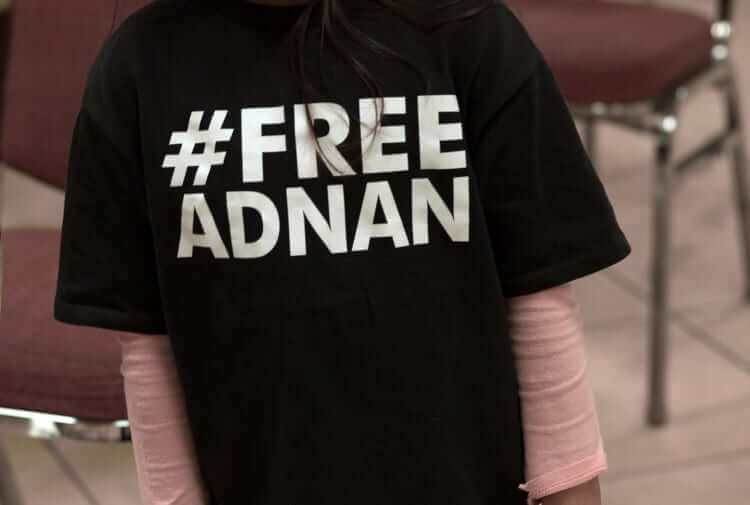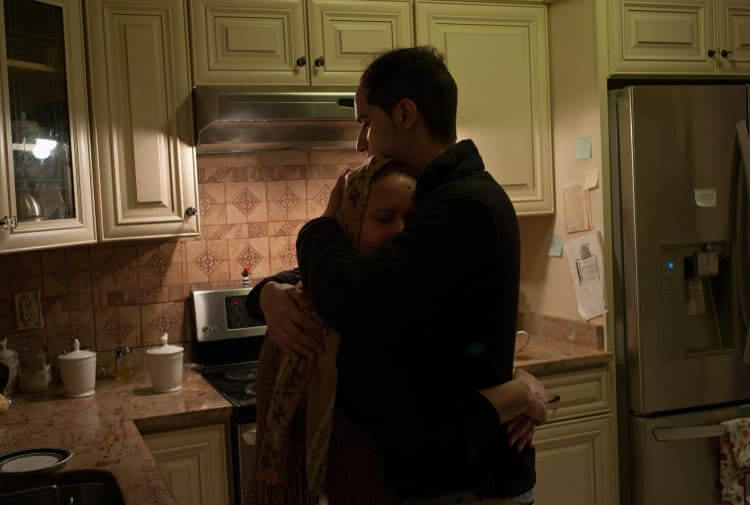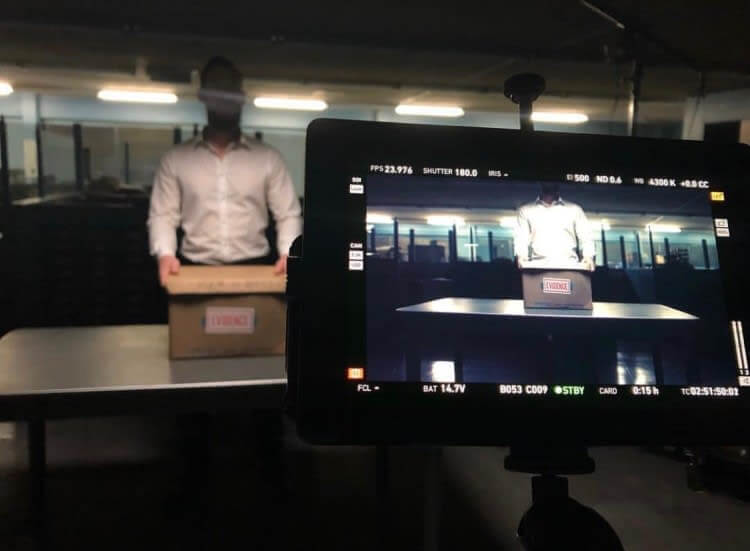Before the current golden age of True-Crime flooded our screens with more and more shows and movies, and before we all memorized the standards and burdens of proof and the appeal procedures in all states, there was one podcast that took over the world and thoroughly changed the relationship between the popular culture and the criminal justice system: it was Serial.
The podcast was released 5 years ago, before most people even knew what podcasts are. Serial’s creator, Sarah Koenig, took the Adnan Syed's questionable conviction for the murder of his ex-girlfriend, Hae Min Lee, and meticulously and devoutly turned the case into a complicated, thrilling detective tale which captivated millions of listeners.
True Crime existed before Serial, but it usually revolved around bizarre and sensational stories, or tried to presnet obvious injustices. The story of Syed’s conviction was more conventional, less unequivocal, and its investigation went into the smallest details, schedule-conflicts, minute contradictions, and cellphone tracking. Koenig invited us all to become small-time investigators of the case, and transformed the judicial-documentary genre into a new kind of a detective story. Hae Min Lee’s murder case was not a perfect candidate for this kind of makeover, but Koenig showed us how to uncover the suspense that lays in the most seemingly-banal details.
Syed’s conviction is now the focus of HBO’s The Case against Adnan Syed, a new 4-hour long documentary series. The show demonstrates, yet again, how brilliant and innovative Koenig’s previous creation was, as the case itself is far from being enough to establish a worthy true-crime show. The show seems to have forgotten all of the rules defined by Serial and went back to the time before the true crime revolution. In order to create a sweeping, effective viewing experience, the creators must present information sparingly, and weave the story in a way that makes every new detail create a meaningful plot twist.
The Case against Adnan Syed doesn’t seem to consider the art of weaving: all relevant information is hurled at our faces, the contradicting testimonies are revealed, the case and its difficulties are simply and directly explained, and all that’s left is to wait and see if the argument will succeed in the appeal.
It is clear that the show’s creators believe in Syed’s innocence and oppose his conviction - the premise is unequivocal innocence and we are only expected to follow the fight for justice. This makes it less of a 'true crime' show but more of a 'docu-justice', which fast-forwards the detective story and revolves almost entirely around the injustices of the justice system, and makes it a judicial, or even procedural tale – which makes it suspenseful only if you don't google the outcome of the different appeal proceedings.
Ultimately, the show functions less like a holistic work and more of like a complementary piece for the many listeners of Serial. If you don’t know the story and are discovering it for the first time, you should just go listen to Serial instead of watching the show. You might know less about its current outcomes, but at least you’ll enjoy the way.


